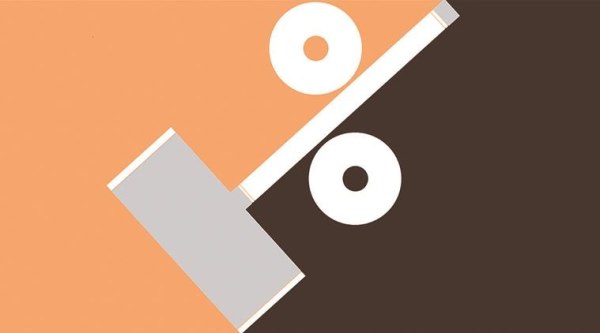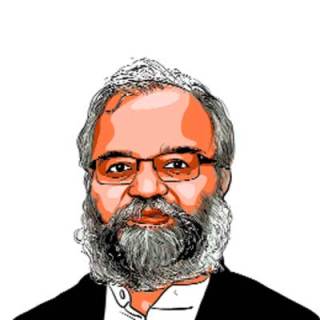Quotas, theirs and ours
Being poor is different from belonging to lower castes, even though most poor belong to lower castes.

If we set aside the most obvious objections to the proposal to provide 10 per cent reservation for the so-called “general category” — it is a cynical election stunt, will prove legally unsustainable, and does not address the jobs crisis — we are left with something unexpectedly interesting. The Modi regime may be unintentionally playing the role of the child in the fable about the emperor’s new clothes. Its latest jumla enables us to finally see things about the vexed subjects of caste and reservation that we were blind to even though they were in plain sight.
For starters, consider the deafening silence of the champions of merit. Surely any quota, regardless of the identity of its beneficiaries, reduces the share of the meritorious. But where are all those enraged white-coated, stethoscope-wearing, laptop-bearing young men and women screaming about the murder of merit? Instead, we have the honourable finance minister, Arun Jaitley, explaining in the Rajya Sabha that merit cannot be measured merely by marks in examinations.
It is a lesson we should have learnt already since we know that only caste-based quotas provoke protests, not capitation fee quotas, management quotas, domicile quotas or other such quotas, but let us learn it again: Quotas for “them” are always suspect, but quotas for “us” are always justified, because the issue is not quota but caste, “ours” and “theirs”.
We are thus enabled to see that caste is essentially a relationship and not an attribute. My caste is not a personal characteristic like my height or weight, but something that is embodied in my relationships with others, including both those who are like me and constitute an “us” for me, and those who are different and constitute a “them”. Unfortunately, caste is not just any kind of relationship — it involves hierarchy, and therefore, discrimination. Even more unfortunately, discrimination is a normal and unavoidable dimension of caste — it is not an excess or a pathology. Finally, because caste is an institution deeply embedded in our society, people are socialised into conforming to its norms. This means that good people can and do practise caste discrimination in good faith because it is the social norm. It also implies that persistent inter-caste inequalities are the product of unequal and discriminatory relationships between castes — they are not the result of individual (or collective) virtues or vices.







































No hay comentarios:
Publicar un comentario